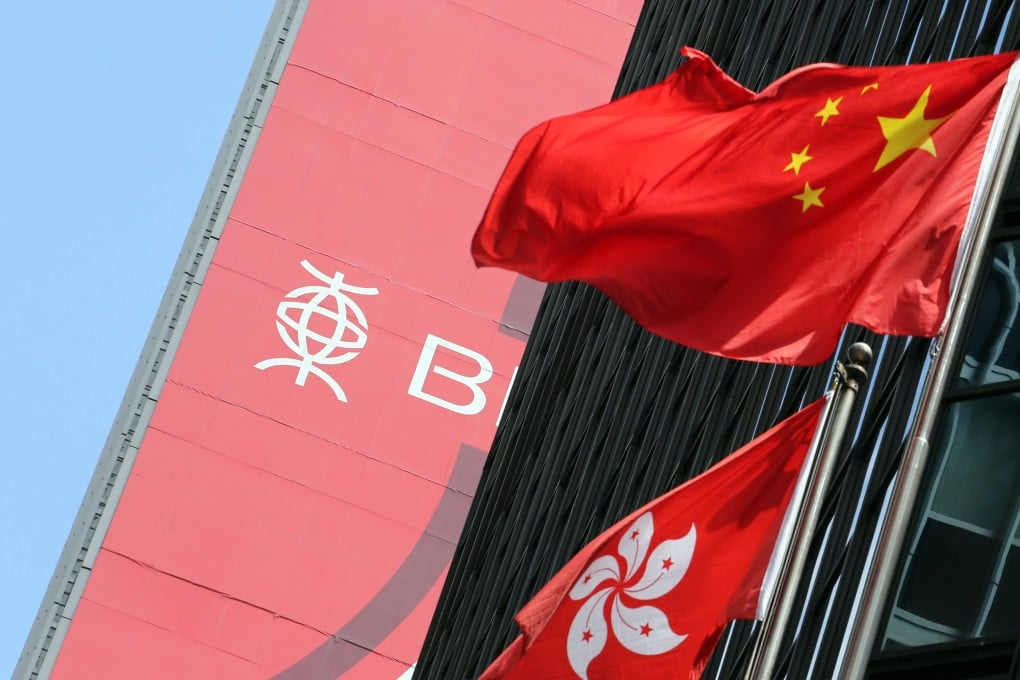Advertisement
Bank of East Asia half-year profit surges 75 per cent as impairment costs decline and China, Hong Kong economies recover
- Hong Kong’s largest independent, family-run lender said it had benefited from declining impairment costs for soured loans in mainland China and in Hong Kong
- It reported a profit of HK$2.67 billion (US$343 million), and will pay an interim dividend of 35 HK cents a share
Reading Time:3 minutes
Why you can trust SCMP

The Bank of East Asia (BEA), Hong Kong’s largest independent and family-run lender, said its half-year profit soared 75 per cent as it benefited from declining impairment costs for soured loans in mainland China and in Hong Kong.
The banking group, whose business is primarily focused on Hong Kong and mainland China, said it was “cautiously optimistic” about the pace of the economic recovery from the coronavirus pandemic.
It reported a profit of HK$2.67 billion (US$343 million) for the first six months of 2021, up from HK$1.53 billion in the same period a year earlier.
Advertisement
“The recovery is uneven, with some sectors lagging behind, including the airline and hotel industries. However, with a relatively stable epidemic situation in Hong Kong, positive momentum will continue. Due to different bases of comparison, the growth rate in the second half will be lower than the first,” the bank said in a stock exchange filing.
During the period, the 103-year-old lender agreed to sell its life insurance unit to AIA Group Limited for US$653 million, following a strategic review prompted by activist shareholder Elliott Management. That sale has been approved by Hong Kong’s Insurance Authority and is expected to be completed soon, BEA said.

10:01
Hong Kong can't miss Greater Bay Area boat in post-Covid-19 recovery, Victor Fung of Fung Group says
Hong Kong can't miss Greater Bay Area boat in post-Covid-19 recovery, Victor Fung of Fung Group says
The bank said it would pay an interim dividend of 35 HK cents a share, compared with 16 HK cents a share a year ago.
Advertisement
Select Voice
Select Speed
1.00x